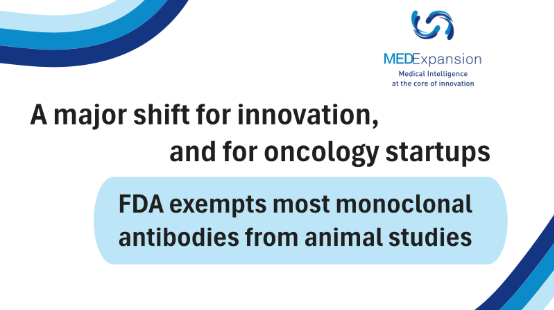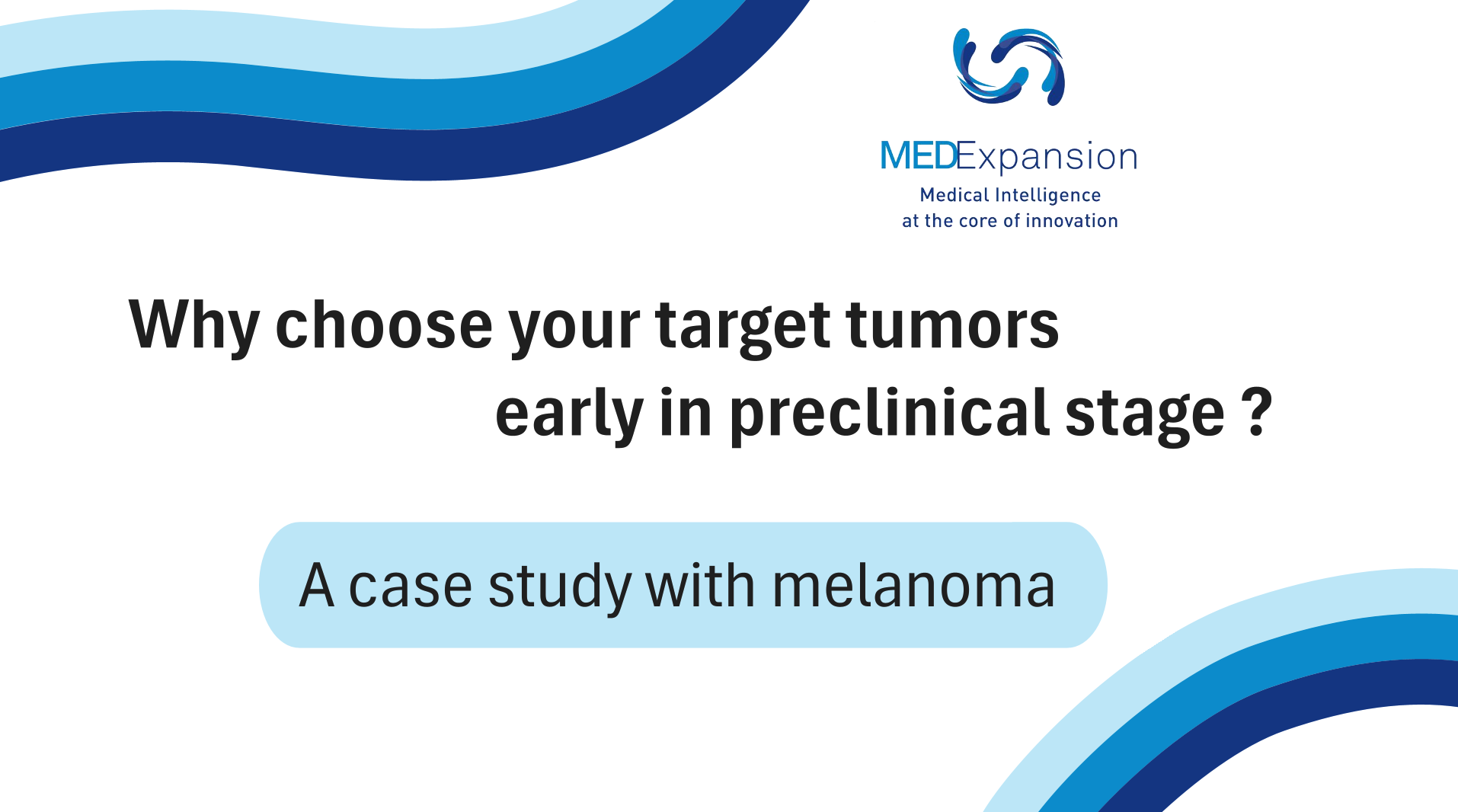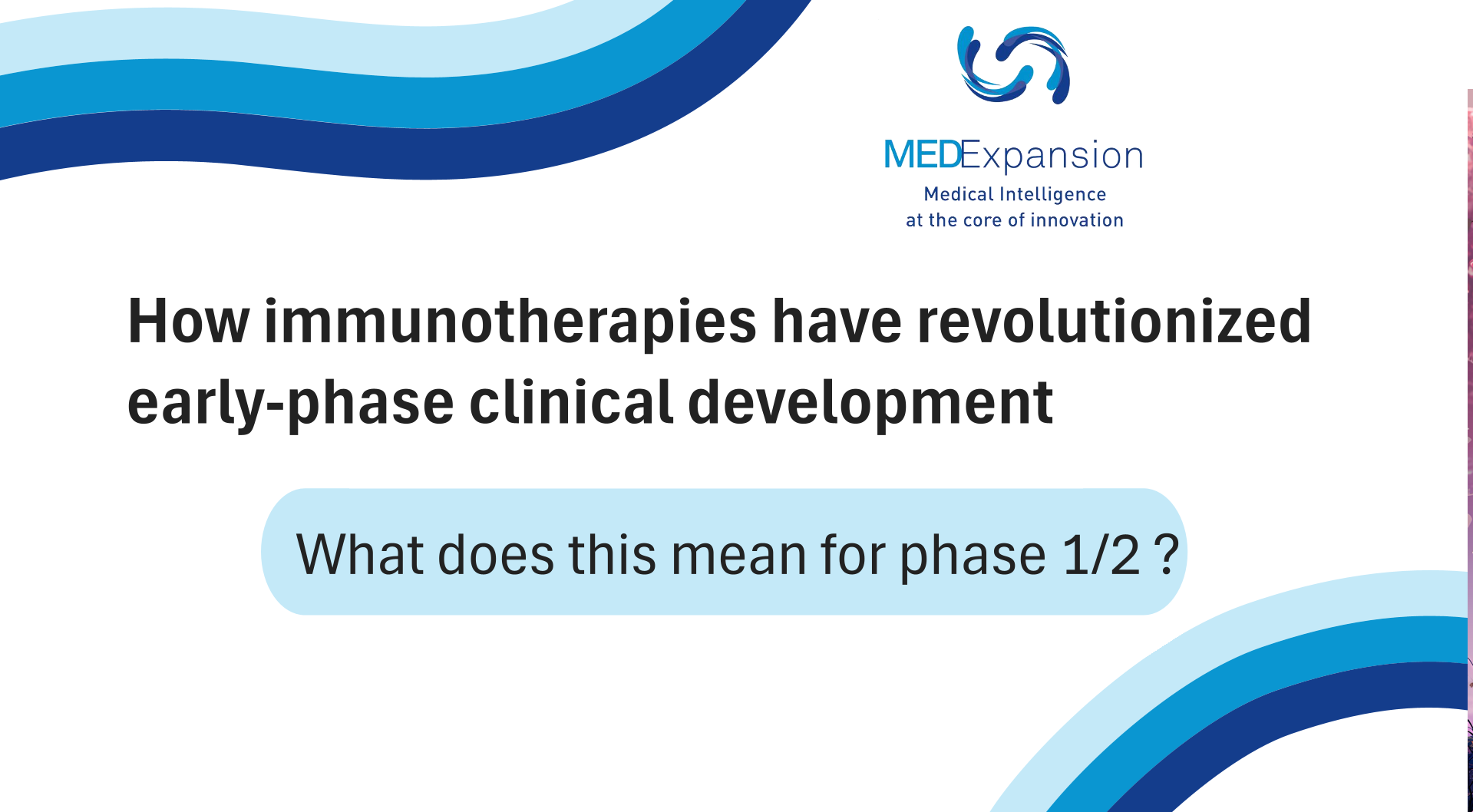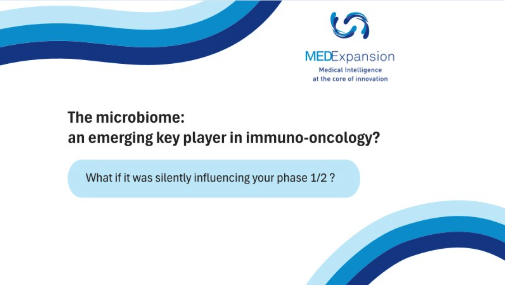
Antibody–Drug Conjugates (ADCs): How Antibody, Linker, and Payload Shape Efficacy and Safety
ADCs were designed to selectively kill biomarker-positive cancer cells, but real-world results are complex. Learn why early clinical analysis is key to balancing efficacy, biomarker






